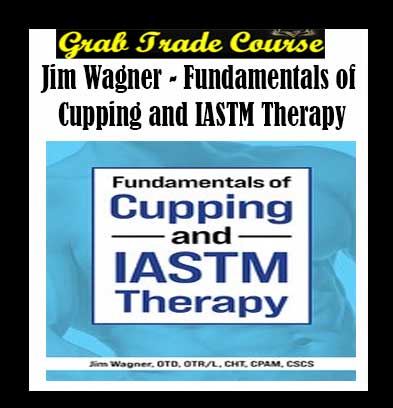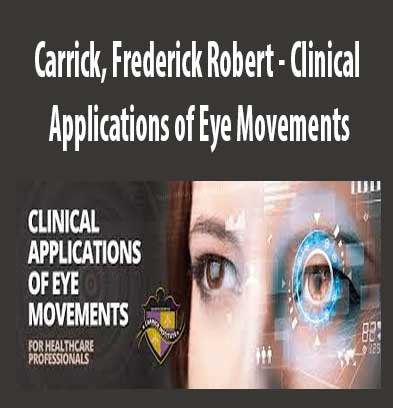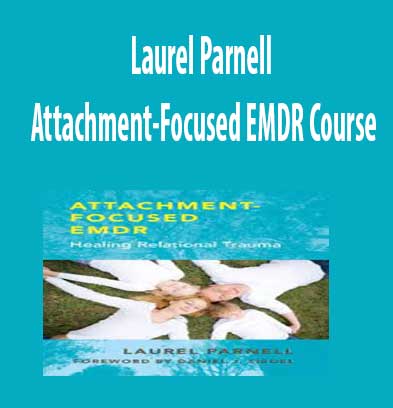Sydney Kroll – Acceptance & Commitment Therapy For Substance Abuse, Eating Disorders, Anxiety, Depression, Self-Injury, Ptsd, Psychosis, And More
Description
Acceptance & Commitment Therapy For Substance Abuse Eating Disorders Anxiety Depression Self-Injury Ptsd Psychosis And More, Sydney Kroll – Acceptance & Commitment Therapy For Substance Abuse Eating Disorders Anxiety Depression Self-Injury Ptsd Psychosis And More, Acceptance & Commitment Therapy For Substance Abuse Eating Disorders Anxiety Depression Self-Injury Ptsd Psychosis And More download, Sydney Kroll – Acceptance & Commitment Therapy For Substance Abuse Eating Disorders Anxiety Depression Self-Injury Ptsd Psychosis And More review, Acceptance & Commitment Therapy For Substance Abuse Eating Disorders Anxiety Depression Self-Injury Ptsd Psychosis And More free torent
Sydney Kroll – Acceptance & Commitment Therapy For Substance Abuse, Eating Disorders, Anxiety, Depression, Self-Injury, Ptsd, Psychosis, And More
Acceptance and Commitment Therapy (ACT) is a unique and innovative approach that helps clients to fundamentally change their relationship with their thoughts and feelings; to live in the present moment; to stop reacting and start responding; and to allow their values to guide them in a more rich and meaningful life. In ACT, clients utilize skills in mindfulness to accept the painful aspects of their lives while at the same time reducing the experiential avoidance that causes suffering. In other words, “Pain is inevitable. Suffering is optional.” Move your clients toward focusing on identifying what matters in their lives and taking actions in service of those values.
In this recording Sydney Kroll, PsyD, shares an introduction to the research and theory behind ACT so you can clearly articulate the empirical evidence for this model. Experiential and engaging activities are used throughout the course to illustrate specific techniques and concepts. Dr. Kroll shows you how to apply these strategies to virtually any client population. Walk away with the skills and tangible resources to use immediately in your practice for better client outcomes and a greater sense of purpose as a clinician.
- Describe the theoretical models underlying ACT, including relational frame theory and mindfulness-based interventions as they relate to case conceptualization
- Use skills in mindfulness to accept the painful aspects of clients’ lives while at the same time reducing the experiential avoidance that causes suffering in clients
- Show how the lack of “psychological flexibility” contributes to at client’s suffering
- Analyze the six core processes of ACT and identify specific clinical interventions for each
- Articulate the application of the six core process of ACT in unique clinical contexts
- Identify assessment measures and strategies to evaluate the effectiveness of ACT as a therapeutic approach
GET ACCEPTANCE & COMMITMENT THERAPY FOR SUBSTANCE ABUSE, EATING DISORDERS, ANXIETY, DEPRESSION, SELF-INJURY, PTSD, PSYCHOSIS, AND MORE OF AUTHOR SYDNEY KROLL
THE EMPIRICAL EVIDENCE
- Relational frame theory (RFT)
- Cognitive psychology
- Third wave of behavioral interventions
- Supporting evidence
- Transdiagnostic nature of ACT
PSYCHOLOGICAL FLEXIBILITY
- Hexaflex Model
- Paradigm shift
PAIN VS. SUFFERING
- Avoidance
- Creative hopelessness
- What’s the goal?
THE SIX CORE PROCESSES
- Mindfulness
- Cognitive defusion
- Acceptance
- Self-as-concept
- Values
- Committed actions
INTERVENTIONS
- Practicing mindfulness (traditional and innovative strategies)
- Teaching clients to get out of their minds
- Presenting acceptance in a way people will accept
- Exploring observing self
- Values exploration
- Making committed actions in service of values
APPLICATION ISSUES
- Individual therapy
- Group therapy
- Inpatient
- Behavioral health settings
- ACT and psychopharmacology issues
RESOURCES FOR FURTHER TRAINING
- Collaboration and support
- Formal trainings
- Applying ACT in your unique settings
GET ACCEPTANCE & COMMITMENT THERAPY FOR SUBSTANCE ABUSE, EATING DISORDERS, ANXIETY, DEPRESSION, SELF-INJURY, PTSD, PSYCHOSIS, AND MORE OF AUTHOR SYDNEY KROLL
Our Policies
A. Product Quality
We will provide GOOD quality of courses fast. If any issue, email: [email protected].
We sure that your problem will be support as soon as possible.
B. Digital Shipping Proceess
After your payment, we will review your payment, Then, we will send you PCLOUD LINK OF COURSES through email in 3 – 8 hours. If any issue, we will inform you as soon as possible.








